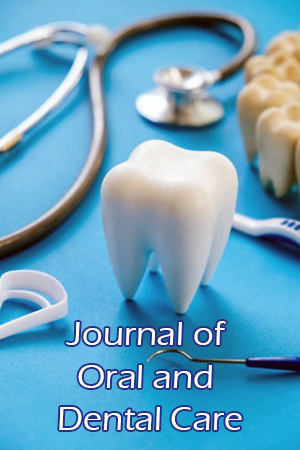Intentionally Replanted Tooth, Biomaterials and Bone Regeneration
Juan G. Robledo, María Pía Visconti Farkas, Pablo A. Rodríguez.
Introduction: The main reason of endodontic failure is the persistence of bacteria and their by-products within root canal system. Intentional replantation has been defined as the introduction of a tooth into its alveolus after the same tooth has been extracted for accomplish a specific treatment. This procedure is considered a valuable alternative for avoid tooth extraction and subsequent tooth implant placement, keeping natural dentition and beneficial low cost-effectiveness for patients. Biomaterials such calcium silicates are very popular in endodontics due to outstanding physical and chemical properties stimulating cellular response and tissue regeneration. However, more research and clinical trials are necessary worldwide to evaluate more deeply its cellular interaction and long-term outcomes on apical periodontitis treatment.
Objective: To report a clinical case of intentional replanted second mandibular molar using calcium silicate cement as root-end filling material.
Case Report: A 55-year-old Hispanic/Latino female patient attended the School of Dentistry, Endodontic Department at University of Buenos Aires with symptoms of persistent apical periodontitis on her second left mandibular molar. Tooth was intentionally extracted, resected 3 mm in its apical part and a Class I cavity was completed with ultrasonics tips and high-speed burs. Root-end filling was performed with calcium silicate cement and the tooth was intentionally replanted again.
Conclusion: Intentional replantation procedures can be a valuable option for teeth diagnosed with persistent apical periodontitis. In addition, calcium silicate cements are advantageous materials for root-end filling due to biocompatibility.

